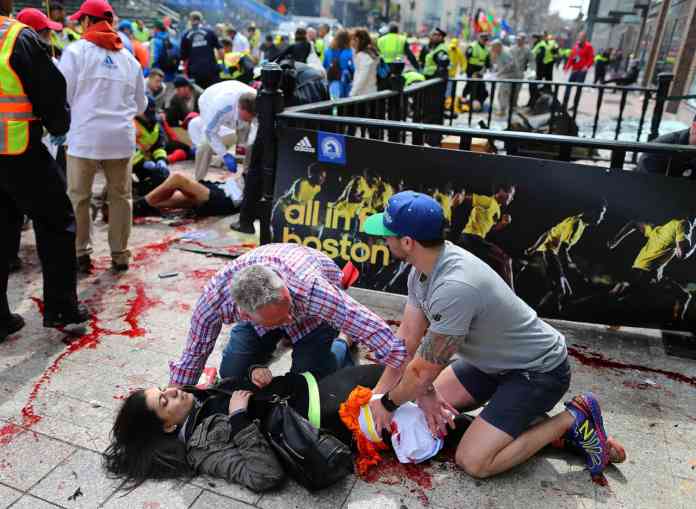
Bleed control kits and public protection
Public protection, the protection of all visiting or working in a public accessible location, whether a stadium, an arena, a place of worship or a shopping centre, to list just a few examples, has always been the number one priority of effective service providers.
The upcoming Protect Duty - Martyn’s Law - will move public protection from good practice to being legally binding. In future no employer or service provider has a choice. Protection and preparedness to deal with a terrorist attack will become a legal requirement.
History shows us that he types of injuries experienced in terrorist attacks tend to be penetrating chest wounds, stab wounds, amputation of limbs with a majority causing life threatening catastrophic blood loss.
General first aid at work kits do not contain the required items to treat and stop such severe bleeding.
The need for public protection is currently being highlighted by the enquiry into the Manchester Arena bombing of 22 May 2017, which claimed the lives of 22 and seriously injured 500.
Although the enquiry is still to report, witness testimony, already in the public domain, tells us that some of the deaths could have been avoided and many of the injuries treated better, if those on the scene, immediately after the blast, had been able to access specific first aid equipment especially bleed control kits, rather than the few, general first aid boxes available.
Given the delay in paramedics arriving on scene, the people inside the venue in most cases security staff and employees ,already stunned and reeling from the blast, had to try to stem catastrophic bleeding and plug deep shrapnel and blast wounds, with nothing better than some gauze and sticking plasters, not to mention a lack of training.
Despite their heroic efforts, and those of some members of the public able to function after the shock of the blast, lives were lost that could have been saved.
It has become obvious, as the inquiry has gone on, that it was the lack of bleed control kits, and the lack of training for staff on scene in their use, that were key factors in adding to the already horrific effects of the attack.
Had staff been able to access strategically placed and provided bleed control kits, containing crucial items such as tourniquets and gauze to pack deep wounds, as well as effectively trained and tested, in the use of the contents of the kits, lives would have been saved, and the impact of the tragedy lessened.
The basic lesson from Manchester, is that staff in public accessible locations, regardless of the type of venue, must have access to and be trained in the use of bleed control kits.
The public has to be protected. That includes protecting them after potentially-life-threatening events, such as terrorist or criminal attacks and accidents
Not only did the chaos that reigned after the bomb went off in the Manchester Arena leave many families bereft and broken because of death and injury, but it also left a deep trauma on those staff and public who struggled with whatever they could find, to try to save lives.
The victims of Manchester were many. We know that similar events may happen in future and that the Protect Duty will require us to be prepared for them.
Lives that can be saved are too precious to be lost.
Written by Michael Greville, Salvas managing director.
















